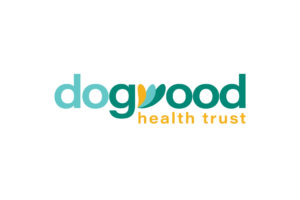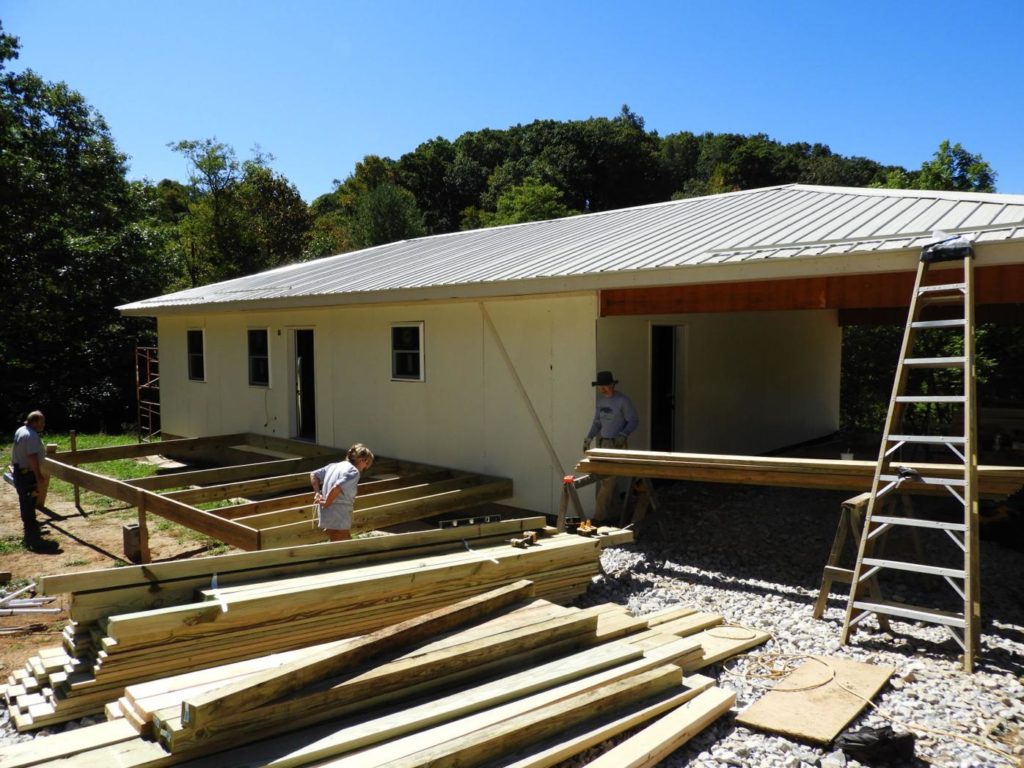Experts from RTI Innovation Advisors will present the findings during a Dec. 9 webinar
Asheville, N.C. – Dogwood Health Trust announced today the availability of a comprehensive report that shares innovative ways the region can fuel economic growth in agriculture and food technology (AgriFood Tech). Opportunities for AgriFood Tech in WNC outlines new pathways for economic opportunity and wealth building, particularly for the rural areas of Western North Carolina. The assessment brings forward two key perspectives: AgriFood Tech for new business growth and AgriFood Tech for on-farm and value-chain gains. The full report is available for free download on Dogwood’s website. To present the findings in more detail, Dogwood also will host a webinar on Friday, Dec. 9 at 12:00 p.m. All members of the community are invited to attend and can register using this link.
This latest study commissioned by Dogwood was conducted by RTI Innovation Advisors, a nonprofit research institute based in Research Triangle, NC that is dedicated to helping teams “explore possibilities and enable innovation.” Experienced engineers and scientists from RTI Innovation Advisors partner with organizations to “turn insights into new products, services and technologies that have meaningful human and business impact.”
Key findings include:
- The region’s unique agricultural footprint, diverse microclimates, nature-based tourist destination brand, and other assets provide a rich starting point for imagining these agriculture-centric opportunities.
- Asheville’s stature as a tourist destination provides the region with a unique, perhaps singular, market context in which to practice value-added agriculture.
- AgriFood Tech innovations and trends provide more options for experimentation and accelerated progress than any other time in history.
- Because AgriFood Tech investors and entrepreneurs have yet to design an AgriFood technology suite that works for small-scale farmers, with sufficient vision, energy and resourcing, Western North Carolina is well-positioned to seize the market leadership position.
- Three AgriFood Tech-enabled opportunities stand out for WNC:
- Promoting on-farm climate resiliency to prepare farmers to thrive amidst uncertainty, thus offering a path to on-farm prosperity and rural wealth creation.
- Diversifying and growing WNC as a recognized leader in natural and other value-added products to build high-quality jobs in food value addition in alignment with the region’s broader nature-based economy.
- Catalyzing WNC as a luminary of circular economic development, anchoring in closed-loop AgriFood and textile sectors.
“Agriculture has historically been a route to wealth creation for families in WNC,” said Sarah Thompson, Community Investment Vice President – Economic Opportunity at Dogwood Health Trust. “The AgriFood Tech opportunities identified in this study represent innovative paths forward for business development within this key sector of the WNC economy, and can no doubt promote more inclusive rural economic opportunity and wealth creation.”
“Our regional communities have told us that they need information specific to WNC to help inform and evaluate their work. To that end, Dogwood continues to gather key data and commission studies within our four strategic priorities of Housing, Education, Economic Opportunity and Health & Wellness,” said Dr. Susan Mims, CEO for Dogwood Health Trust. “This most recent study of AgriFood Tech-enabled opportunities is an exciting look at how our region can innovate in order to grow our economic ecosystem.”
The study’s authors, Michael Hogan, Erin Love, Tawanda Muzhingi, Amanda Rose, Amy Rydeen and Gabriela Santana, will present their findings and offer a high-level analysis in addition to answering questions during an informational webinar on Friday, Dec. 9 12:00 p.m. Anyone is welcome to attend and may register here.
About Dogwood Health Trust
Dogwood Health Trust is a private foundation based in Asheville, North Carolina with the sole purpose of dramatically improving the health and wellbeing of all people and communities of 18 counties and the Qualla Boundary in Western North Carolina. Dogwood Health Trust focuses on innovative and equitable ways to address the many factors that contribute to overall health and wellbeing, with a focus on housing, education, economic opportunity, and health and wellness. Dogwood Health Trust works to create a Western North Carolina where every generation can live, learn, earn and thrive, with dignity and opportunity for all, no exceptions. To learn more, please visit www.dht.org
###
Dogwood Health Trust


















